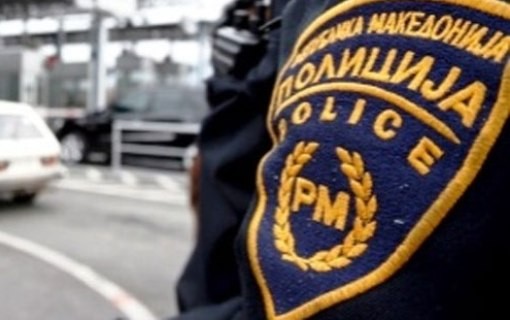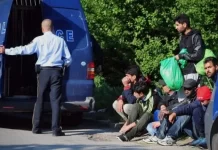The number of Macedonian citizens who have returned from EU countries under the readmission agreement is decreasing. According to the data of the Ministry of Interior, in 2019 1,300 persons were returned to the country, while in 2016 – 3,500 and in 2015 – 9,000. Most of these people are Roma.
The Standing Inquiry Committee for the Protection of Citizens’ Freedoms and Rights held a public debate today on the problems of returnees from EU countries under readmission agreements.
– We have reached concrete conclusions on the strengthening of the state policies regarding the citizens who are forcibly or voluntarily returning from the EU countries. They face specific problems in the areas of education, health, social protection, employment. The government has a 2010 program on this issue, but it has not been implemented. We demand that the government take concrete measures, said Fadil Zendeli, the chairman of the Standing Inquiry Committee.
Representative of the Ministry of Interior Snezana Trajanovska pointed out that the number of Macedonian citizens returned to the country in line with the EU readmission agreement has been decreasing in recent years, but also pointed out that this figure may not be real as some people return individually or cross border formalities like other passengers. Mostly, as she said, it is about Roma who return to the country after a longer or shorter stay.
The last meeting of our representatives on this issue in Brussels was in September 2019. We have so far signed 25 readmission agreements, including the EU, and are in the process of readmission agreements with five more countries.
Minister in charge of Implementation of the Strategy for Improving the Situation of Roma Muzafer Bajram and Malinka Ristevska – Jordanova from the European Policy Institute emphasized that no matter how long these people return to the country, they should be immediately or promptly given their rights lost them when they left so they could integrate into the system sooner.
Ristevska – Jordanova said they needed immediate access to social protection, health services, education, employment benefits, or registration with the Employment Agency.
“Sometimes children lose years because of unrecognized education documents,” she said.
These persons, according to Ristevska – Jordanova, face discrimination after returning, but not only on ethnic but also on party basis.
Their recommendation is to have special teams to help these people. “The institutions are committed to their work, but there is no systematic approach,” she said.



